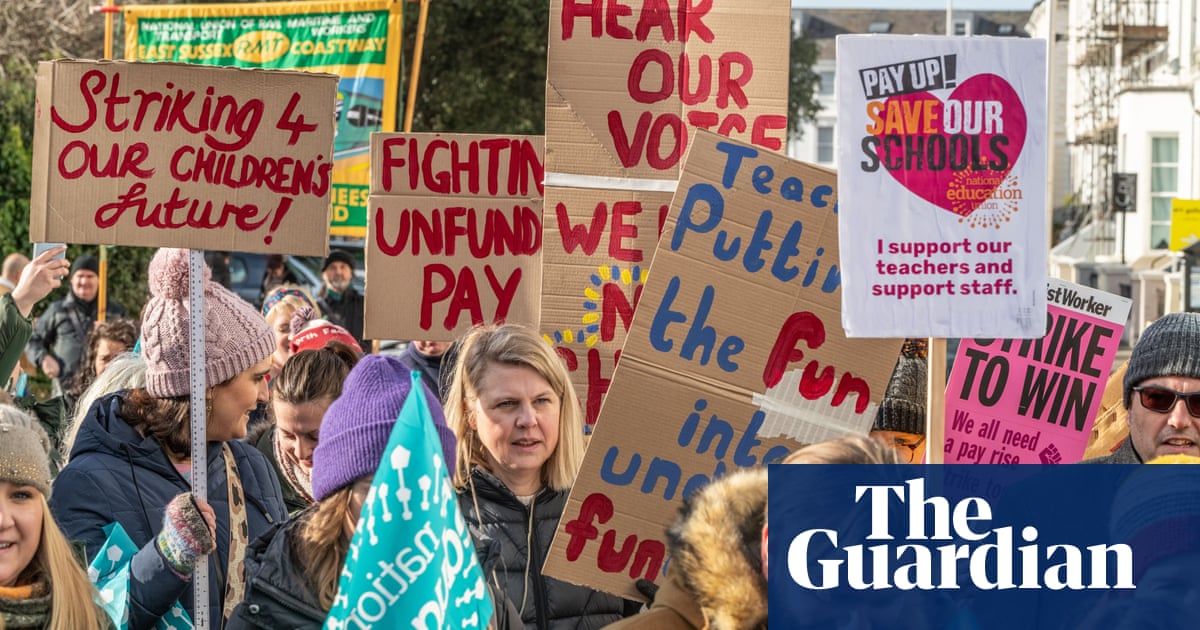
owards the end of the eucharist service at Canterbury Cathedral on Sunday morning, the Very Reverend Robert Willis, the cathedral’s dean, will strap a plastic visor over his face and pull on surgical gloves before descending into the nave to deliver communion bread to the socially-distanced congregation.
There will be no communion wine, no choir, no singing, no hymn or prayer books. The congregation must book their seats in advance, may only sit with household members and must leave as quickly as possible once the service is over.
They must speak their “amens” quietly and sanitise their hands on the way in and out. Welcome back to church.
This weekend, places of worship in England will reopen for communal services for the first time in more than three months. While they have been closed, online worship and prayer has gained unexpectedly big audiences, but faith communities have mourned the loss of congregational activities.
Yet despite the green light to open their doors, many churches, mosques, synagogues and temples will remain empty this weekend. Some faith leaders say the safety requirements for communal service are simply too onerous and the risks too high, especially for smaller places of worship.
“We will not be returning to normality overnight,” said Sarah Mullally, the bishop of London who is overseeing the resumption of services in the Church of England.
Harun Khan, the Muslim Council of Britain’s secretary general, said: “Mosques must not feel rushed into reopening, but should only take this step when they feel it is safe to do so.”
Ephraim Mirvis, the chief rabbi, said reopening was not a single event “but rather a cautious, phased process” that would take place over several months. Jewish leaders have said that some synagogues may still be closed for the high holidays of Rosh Hashanah and Yom Kippur in September.
Faith organisations have issued detailed guidance. The MCB’s advice includes downloadable posters and signs to display in mosques; the United Synagogues’ document runs to 22 pages and repeatedly stresses caution; the C of E’s comprehensive FAQs include legal issues and the risks to volunteers.
At Canterbury, about 200 tickets have been issued for Sunday’s eucharist service – about 10% of the cathedral’s full capacity – at which archbishop Justin Welby will preach.
The congregation will sit in household groups and will be handed single-use service sheets, which they will be asked to take away to dispose of at the end of the service. Hand sanitiser dispensers have been placed at key points. People will be asked to make donations online or at contactless payment points, rather than with cash. Staff and volunteers have been trained in new procedures and issued with PPE.
“Everyone is hugely excited about reopening for worship,” said Willis. “We’ve kept absolutely to the rules [since lockdown], but nothing takes the place of being physically together.”
The cathedral has broadcast online worship every day during lockdown, with the dean’s morning prayers attracting audiences of up to 3,000 compared with a pre-lockdown physical presence of about 12-15 people. On one occasion, Willis was joined by Leo, the cathedral cat, a clip that has been viewed more than 75,000 times.
Willis said: “When I started broadcasts each morning in the garden, I had a sense of being cross [about being unable to enter the cathedral]. But within two or three days, it felt like a lovely new dimension – a new way of communicating with people. Now we’re getting emails from all over the world saying please don’t stop reaching out to us.”
The cathedral has lost about £1m a month in revenue since the start of lockdown, plus a “huge tumble” in the value of endowments. As well as its £12 entrance fee, in normal times it makes money from concerts, conferences, gift shop and cafe sales. Cathedrals receive no routine funding from the government or the Church of England – and Canterbury’s running costs are £20,000 a day.
It furloughed the vast majority of staff at the start of lockdown, but has made up wages to 100%. Now it is reluctantly embarking on a restructure that will involve job losses. “It’s been exceptionally challenging,” said Willis. “And we now need to build up a contingency fund in case the pandemic comes back and our income slips again.”
The cathedral is waiving entrance charges next week, before offering a reduced charge with free entry for children until September.
The Covid-19 crisis will leave a permanent mark on the cathedral, said Willis. “The pandemic has taught us to value things we took for granted. But we need time to reflect on what it means for our future.”












